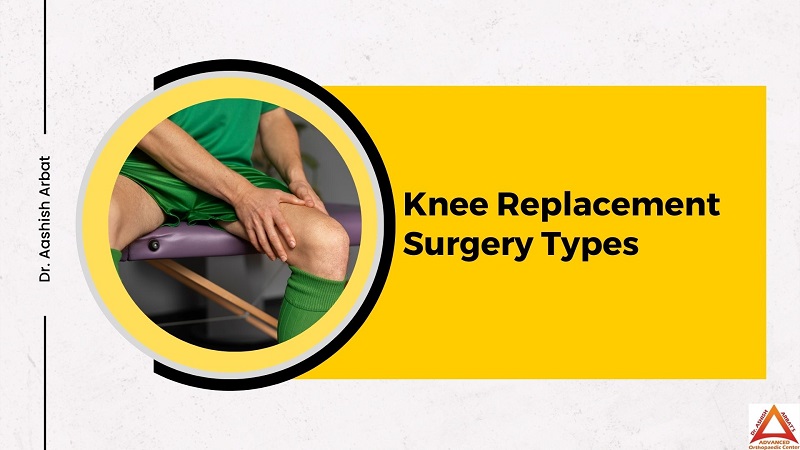Know Here: Knee Replacement Surgery Types and Recovery Time
Individuals experiencing limited mobility, severe and persistent knee pain, and functional limitations due to osteoarthritis, knee deformities, post-traumatic arthritis, rheumatoid arthritis, or avascular necrosis is […]


